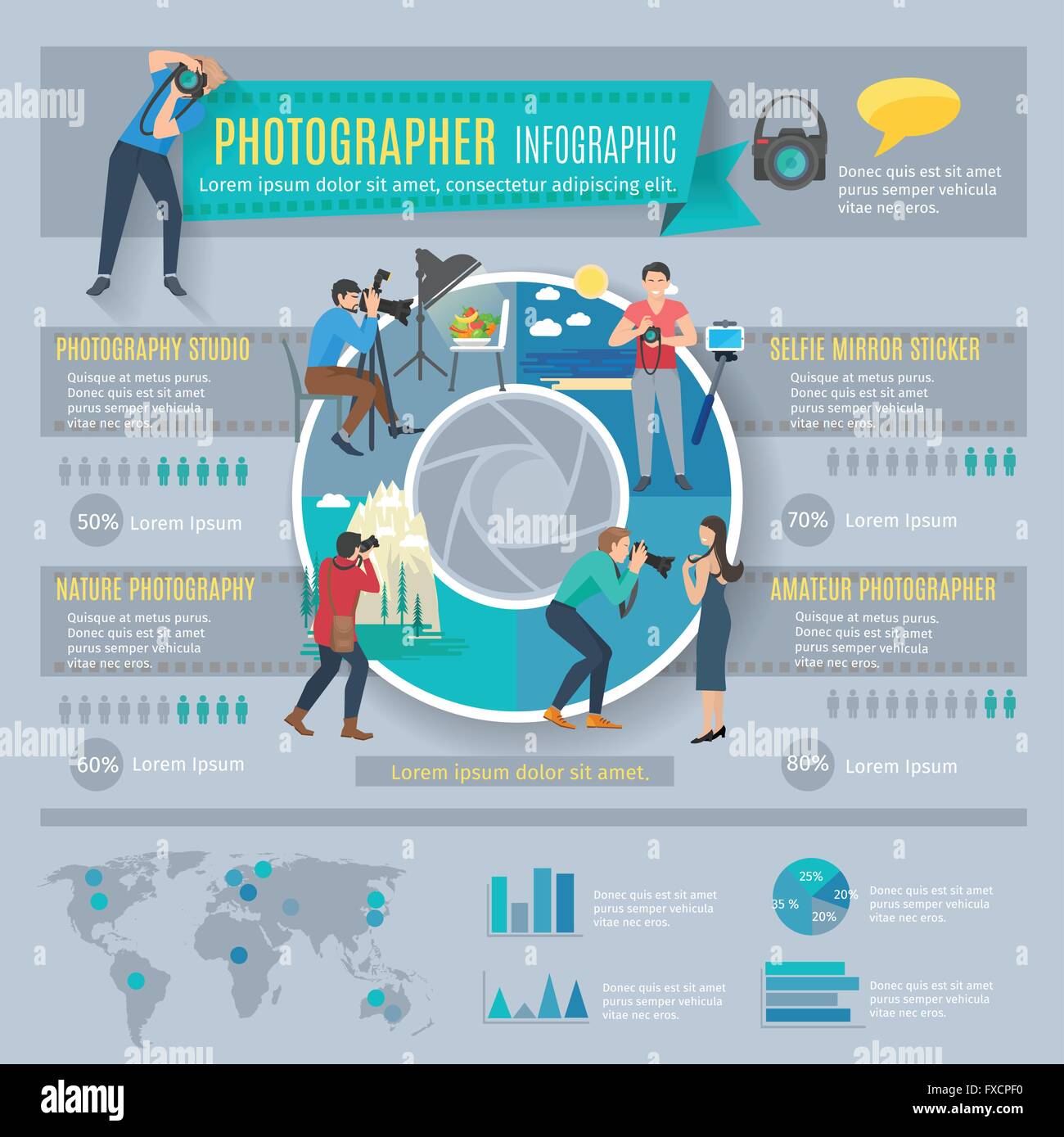Photography Tips For Beginners: Grasping Your Cam Quickly
Photography Tips For Beginners: Grasping Your Cam Quickly
Blog Article
Published By-Weber Bryant
When you initially get your camera, it can feel overwhelming with all the setups and alternatives available. You might find yourself asking yourself exactly how to navigate aperture, shutter speed, and ISO properly. Mastering these basics is important, however there's more to photography than just technical knowledge. Recognizing composition techniques and lighting conditions can raise your photos substantially. So, suppose you could find out basic strategies to improve your skills and start recording excellent images faster than you think? Let's explore just how to change your photography trip.
Understanding Cam Settings
Recognizing your electronic camera setups is important for recording spectacular photos. When you get your electronic camera, familiarize on your own with the 3 major settings: aperture, shutter rate, and ISO. Each plays a crucial function in how your images turn out.
Begin with https://postheaven.net/wentena/imaginative-ways-to-market-your-digital-photography-solutions , which regulates the amount of light getting in the lens. A broader aperture (reduced f-number) allows more light and creates an attractive history blur, perfect for pictures. On the other hand, a narrower aperture (greater f-number) keeps even more of the scene in emphasis, ideal for landscapes.
Next off, focus on shutter speed. This setup determines how much time your video camera's sensing unit is subjected to light. A rapid shutter rate freezes motion, which is fantastic for action shots, while a slow shutter rate can produce spectacular impacts like smooth water in landscapes.
Finally, adjust copyright Pr photo near me . This setup affects your cam's sensitivity to light. A greater ISO works in low-light scenarios yet can introduce sound or grain. Aim for the most affordable ISO possible while still achieving correct exposure.
Make-up Techniques
When you're out capturing, structure can make all the distinction in exactly how your photos reverberate with viewers. Begin by utilizing the regulation of thirds; imagine your structure split right into nine equivalent areas with 2 straight and two upright lines. Placement key elements along these lines or at their junctions to create balance and interest.
Next, think about leading lines. These natural lines in your scene, like roads or rivers, attract the audience's eye right into the photograph, guiding them through the story you're informing.
Do not forget mounting; use elements within your scene, like trees or windows, to produce a frame around your topic, adding depth and focus.
Also, watch on your history. A messy history can sidetrack from your main subject, while a straightforward one aids it attract attention.
Last but not least, try out symmetry and patterns; they can create a striking image that records focus.
Mastering Lighting Issues
Mastering illumination problems is crucial for capturing magnificent photos, as the right light can transform a common scene into something extraordinary.
Beginning by observing natural light at different times of the day. Early mornings and late afternoons offer the very best light, called the gold hour. The soft, warm tones throughout these times can enhance your photos perfectly.
Don't shy away from overcast days either; diffused light can lessen harsh darkness and produce a pleasing impact, particularly for portraits.
Experiment with backlighting by positioning your topic against the source of light. This method can create a fanciful halo result and add depth to your photos.
Focus on your electronic camera setups too. Adjust the ISO, aperture, and shutter speed to suit the lights problems. A higher ISO can assist in low light, yet beware of grain.
Make use of a tripod in darker environments to stay clear of blur.
Finally, do not forget artificial illumination. Flash and continual lights can be fantastic tools for regulating light in challenging problems.
Conclusion
In conclusion, mastering your electronic camera does not need to be overwhelming. By understanding your setups, using structure techniques, and harnessing the power of all-natural light, you'll promptly elevate your photography abilities. Bear in mind, practice makes excellent, so go out there and try out your newfound expertise. With time and commitment, you'll be capturing spectacular photos that reflect your distinct viewpoint. Appreciate the trip, and do not fail to remember to have fun while you're at it!
